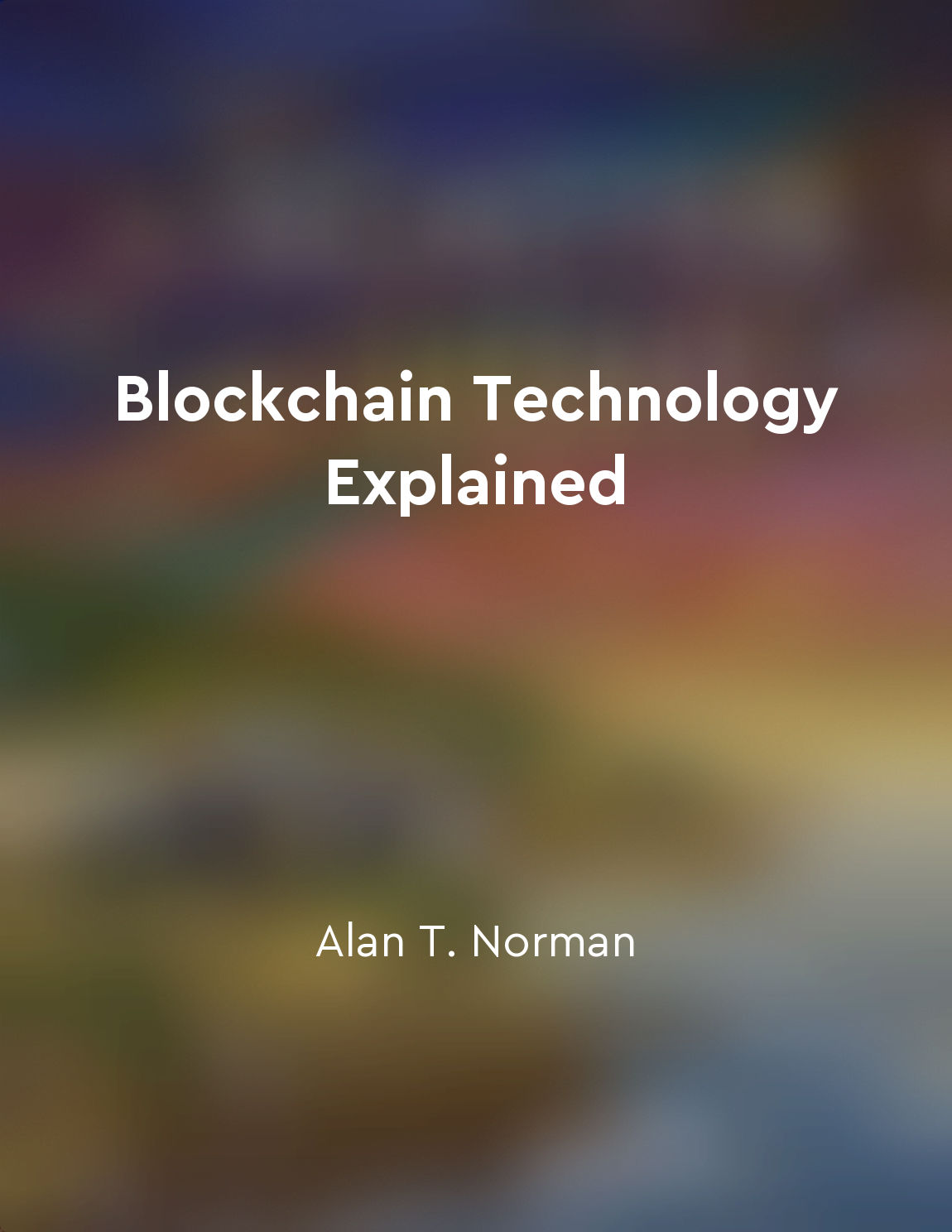Blockchain networks rely on miners or validators to verify and add new transactions to the chain from "summary" of Blockchain Technology Explained by Alan T. Norman
Blockchain networks are decentralized systems that require a group of individuals or entities to verify and add new transactions to the chain. These individuals are known as miners or validators, and they play a crucial role in maintaining the integrity and security of the blockchain. Miners or validators are responsible for solving complex mathematical puzzles in order to validate transactions and add them to the blockchain. This process is known as mining, and it requires a significant amount of computational power. Miners compete with each other to solve these puzzles, with the first one to do so being rewarded with newly minted cryptocurrency as well as transaction fees. Validators, on the other hand, use a different consensus mechanism to verify transactions and add them to the chain. They often require a stake of the cryptocurrency in order to participate in the validation process, which serves as a form of security deposit. Validators are incentivized to act honestly and follow the rules of the network, as they stand to lose their stake if they are found to be acting maliciously. Both miners and validators play a critical role in ensuring the security and immutability of the blockchain. By requiring a group of individuals to independently verify and add transactions to the chain, blockchain networks are able to achieve consensus without the need for a central authority. This decentralized approach is what sets blockchain technology apart from traditional centralized systems.Similar Posts
Cryptoeconomics and tokenomics
Cryptoeconomics is the study of economic interactions within a network that is secured by cryptographic tools. It combines elem...
Blockchain can improve supply chain management
Blockchain technology has the potential to revolutionize the way supply chains are managed. Traditionally, supply chains are co...
Blockchain can improve supply chain management
Blockchain technology has the potential to revolutionize the way supply chains are managed. Traditionally, supply chains are co...

Popularity of ICOs for fundraising
The rise of ICOs as a method of fundraising has been nothing short of meteoric in the world of cryptocurrencies. In just a few ...
Sound money is crucial for economic growth and prosperity
The concept that sound money is crucial for economic growth and prosperity is a fundamental principle that has been understood ...

